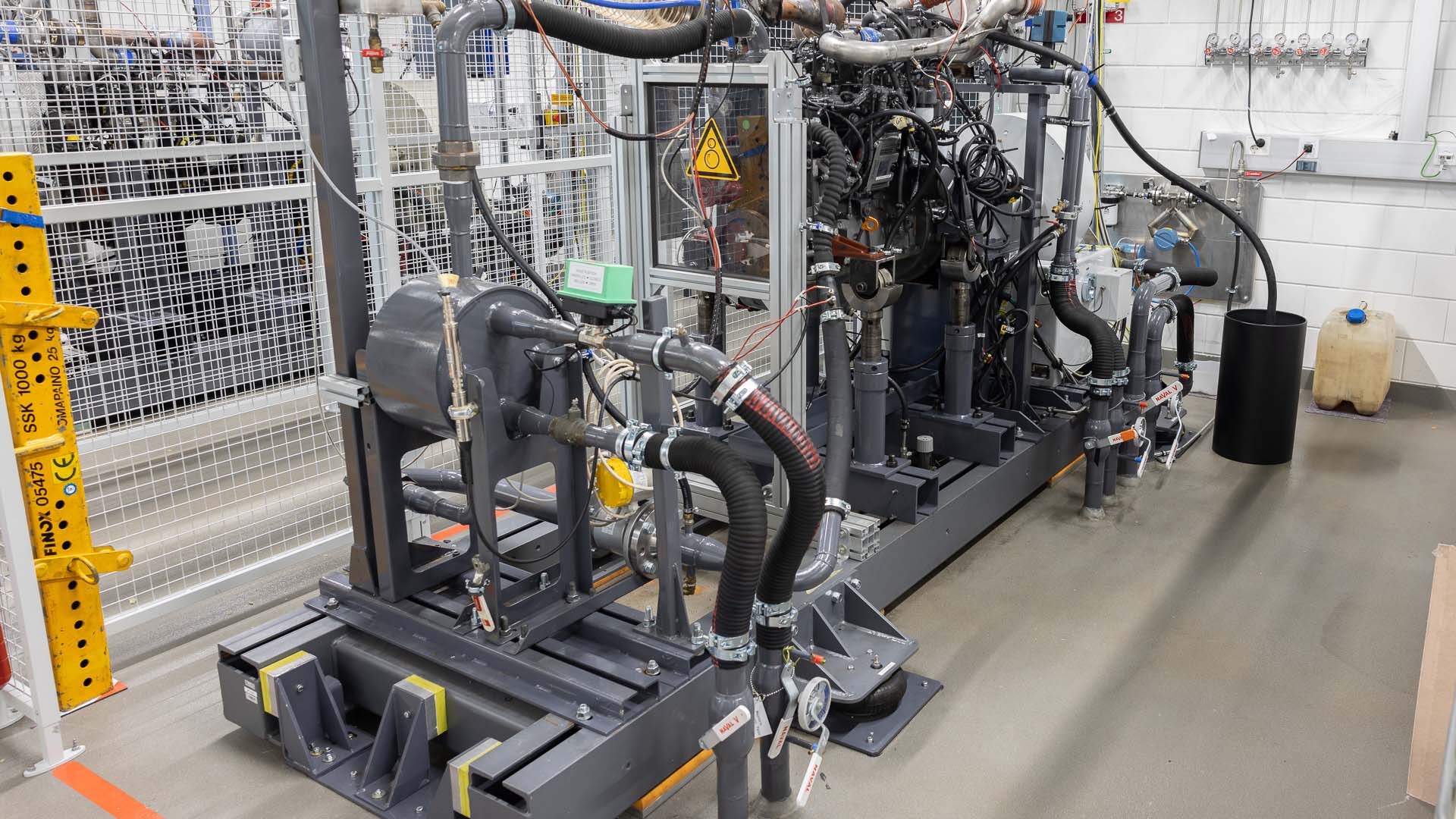The international project, led by Turku University of Applied Sciences, promotes more equitable and sustainable urban transport in Finland, Hungary, Greece, Italy, the Czech Republic and France.

Published:
Edited:
Transport planning and decision-making does not always take sufficient account of the specific needs of vulnerable groups, such as the elderly, the physically or mentally disabled, women or children. The project will develop strategies and plans to guide mobility planning and improve the skills of experts and organisations.
“Public authorities and transport planners need to improve their performance to make transport systems and mobility services sustainable, fair, affordable, safe and accessible to all,” says Annika Kunnasvirta, Project Manager at Turku University of Applied Sciences.
Accessibility means that everyone has the opportunity to move around in an urban environment, regardless of, for example, physical ability, age, language skills or socio-economic status.
“Accessibility in practice can take the form of low-floor buses, clear signage, accessible stops and routes, access to information for the visually and hearing impaired, or easy-to-use urban cycling services. Improving accessibility and accessibility increases mobility for all and supports sustainable urban development,” says Kunnasvirta.
Integrating the needs of vulnerable people into transport planning
In the Turku region, a transport system plan is being developed in cooperation with working groups and local organisations. The implementation of the plan is coordinated by the Regional Council of Southwest Finland. The needs of vulnerable groups will be taken into account through cooperation with municipalities in the Turku region and organisations such as the Mannerheim Child Protection League, the Council for the Elderly and the Council for the Disabled. They provide important information on accessibility and accessibility – or lack thereof.
Micro-mobility services such as electric scooters have highlighted the need for better regulation and policies for these services.
“Shared scooters, which have become more common in Turku in recent years, can hamper mobility, especially for the visually impaired, and can cause dangerous situations. Scooters are often carelessly left in the middle of the pavement, close to safety barriers or in front of building entrances, and it can be difficult for a visually impaired person to detect such an obstacle. Electric scooters also move almost silently, making them difficult to spot,” Kunnasvirta illustrates.
The INCLUDES project, coordinated by the Turku University of Applied Sciences, brings together the Helsinki-Upper Finland Regional Council, Valonia and other local actors, as well as seven partners from six European countries with the common goal of developing transport and mobility policies to support the transition towards more low-carbon, sustainable and inclusive transport. The project is funded by the EU Interreg Europe programme.
Further information:
Find out more about the research
Read next
-
Press Release

Hydrogen for internal combustion engines
The use of hydrogen as a fuel in internal combustion engines offers significant advantages over the use of hydrogen in fuel cells. A new research project at Turku…
-
Press Release

Turku UAS launches StartLab to make students’ business ideas come true
Turku University of Applied Sciences will offer mentoring for all its students to develop their own business ideas. A StartLab will be established where students can go for…
-
Press Release

A wetland in Parainen improves the area’s natural values and water quality
A new water protection reservoir designed by Turku University of Applied Sciences has been completed at Sydänperti in Parainen. The wetland is designed to improve the water quality…

